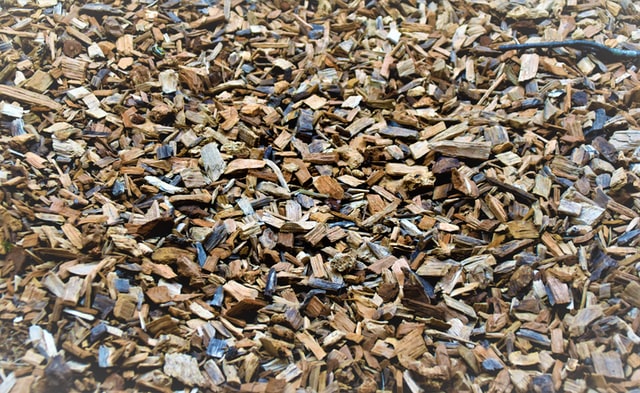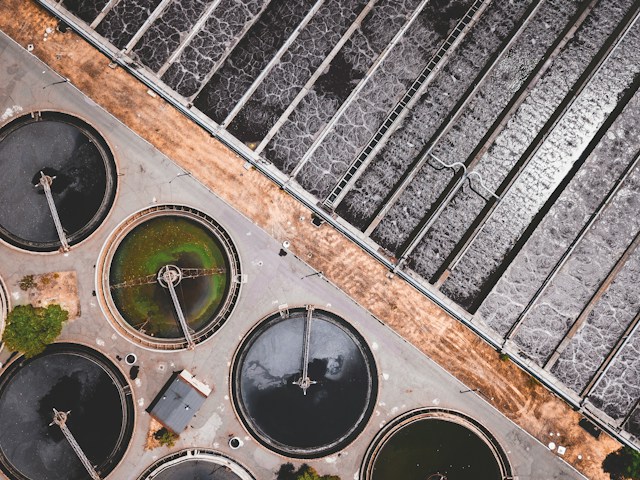Some people think mulching is simple. In reality, mulching is more complicated than people think. It can either smother or stifle your plants and cause weeds. Also, wood-based mulches can cause problems, so be sure to read our mulching guide first or search for reliable mulch delivery Wyoming OH! After reading this, you’ll be well on your way to mulching success! But there are several common mistakes that you should avoid, and following these tips will ensure you don’t make the most common ones.
Avoid stifling mulch
A well-chosen mulch can improve the health of your trees. The proper type of mulch for your trees will improve the conditions of your soil, preventing disease and pest infestations. Mulch consists of organic material, a source of plant nutrition. It also encourages the growth of beneficial insects, earthworms, and microorganisms. Avoid stifling your trees by using a mixture of organic materials and wood chips.
Avoid smothering mulch
When choosing mulch for your garden, you’ll want to know the fungi and bacteria it harbors. For example, some kinds of mulch can have stinkhorn fungi, which produce fruiting bodies and emit a strong odor when they are in full bloom. If you’re planting vegetables, choose wood mulch such as pine bark or pine needles, and ensure it’s free of weed seeds. Some fungi can also produce mushrooms and toadstools and are even toxic to humans.
Avoid weeds in mulch
One way to prevent weeds in mulch beds is to kill them before they can seed. Weed seeds can be in the soil or brought into the garden by birds. Mulch will not protect your plants from these weeds; they will push through and start growing before the main plants do. This is easier said than done, though. Weeds in mulch beds are often more challenging to kill than those in larger areas of your garden.
Avoid wood-based mulches
While using hardwood barks on your landscaping projects is a great idea, it can also have unintended consequences. Wood chip mulches often contain harmful chromates, copper arsenate (CCA), which kills beneficial soil bacteria. In addition to being harmful to your plants, wood chip mulch can be hazardous to people who spread it or to animals who dig into it. To avoid making the worst mulching mistakes, you should always test your soil pH and rotate your mulch types.
Avoid wood-based mulches with native tree trimmings
To improve the fertility of your soil, avoid using wood-based mulches with native tree trims. Most wood mulches contain chemical preservatives and are made from scrap lumber or used fungicides. Additionally, many wood mulches are dyed red, green, or yellow to increase their retail value. Whether the wood mulch is dyed red or green, it’s best to stay away from these mulches altogether.
Avoid hay and straw mulch
You can use hay or straw in your garden as a lining for your walkways. While neither type of mulch contains significant nutrients, it can improve the structure of the soil and help retain moisture. This article will cover the benefits of both. You can avoid the most common mistakes and enjoy the benefits of hay and straw. Listed below are some of the most common straw and hay mulching mistakes. Avoid these common mistakes to maximize your success with your garden.
Avoid wood-based mulches with a high carbon-to-nitrogen ratio
To plant a healthy garden, you should avoid using wood-based mulches with a carbon-to-nitrogen ratio of over 500. Wood chips and bark are high in C: N and deplete soil nitrogen. In addition, they can tie up nitrogen in the soil, leading to a higher incidence of disease and insect pressure. The downside is that you will pay a high price in the long run.




